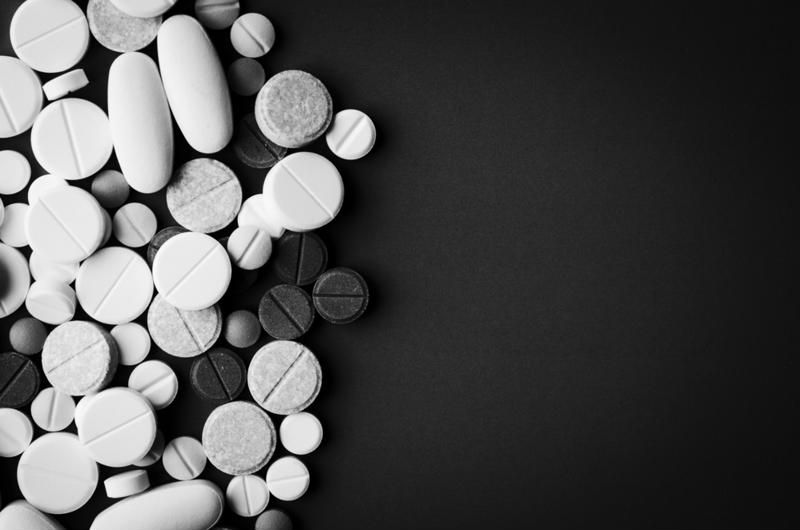The drug manufacturer Seres Therapeutics was recently hit with a securities class action suit. For more information, visit Battea’s Seres Therapeutics case summary.
The filing alleges that the pharma firm crucially omitted facts when talking about the chances of a drug it was testing, but earlier this year, the company revealed that the drug – known as SER-109 – did not pass a Phase 2 clinical trial and therefore would not reach its primary endpoint. The suit has a class period of between June 25, 2015, and July 29, 2016.
 A new type of drug treatment is at the center of a securities class action suit.
A new type of drug treatment is at the center of a securities class action suit.More details of the situation
SER-109 was designed for patients struggling with Clostridium difficile infection (also known as CDI) and was supposed to reduce the risk of recurrence in patients for up to eight weeks, Seres announced in late July. However, the drug did not significantly outperform reduction of recurrence among patients for those who received a placebo instead of SER-109. This came despite the fact that the patients in the trial were divided into two groups based upon their ages. CDI was significantly more likely to recur in older placebo recipients (80 percent for those over 65 versus 27 percent for non-seniors). Based on the data, the company found that the drug was relatively ineffective. It also produced non-serious side effects including diarrhea, abdominal pain, and flatulence.
“Our priority is to complete a full review of the clinical results and microbiome data of the Phase 2 study and to compare it to data from the prior investigator sponsored Phase 1b,” said Roger Pomerantz, MD, the president, chief executive officer and chairman of Seres. “Based on this information and pending discussions with the FDA, we plan to make any necessary changes to our development plans for SER-109.”
Pomerantz further added that treatment options for CDI generally “remain poor” and referred to the placebo performance as “confounding,” the report said. He also noted that the company believes there is a critical need for this kind of treatment to be approved by the U.S. Food and Drug Administration.
The effects on stock prices
In the immediate wake of this announcement, the company’s stock price declined significantly, according to a report from CNBC. This may, in fact, signal that investors generally became skittish about the potential uses of the relatively new way in which the company puts drugs to use, known as “microbiome therapeutics.” This kind of drug treatment works by putting specially designed bacteria into a patient’s digestive tract, which is why gastrointestinal side effects were reported among patients.
Indeed, the price per share for Seres on July 28, the day before the announcement, stood at $35.77, according to Google Finance. The next day, it had plunged to just $10.94. The price has stayed in that general range ever since, climbing into the mid- to high-$13 range on occasion, but most recently closing at $13.26 per share. The stock’s year-to-date high was just north of $34 per share. It spent a large portion of 2015 even higher than that number.
For more information on this case or other class action litigations, please contact Adam Foulke at 203-987-4949 or info@battea.com.
